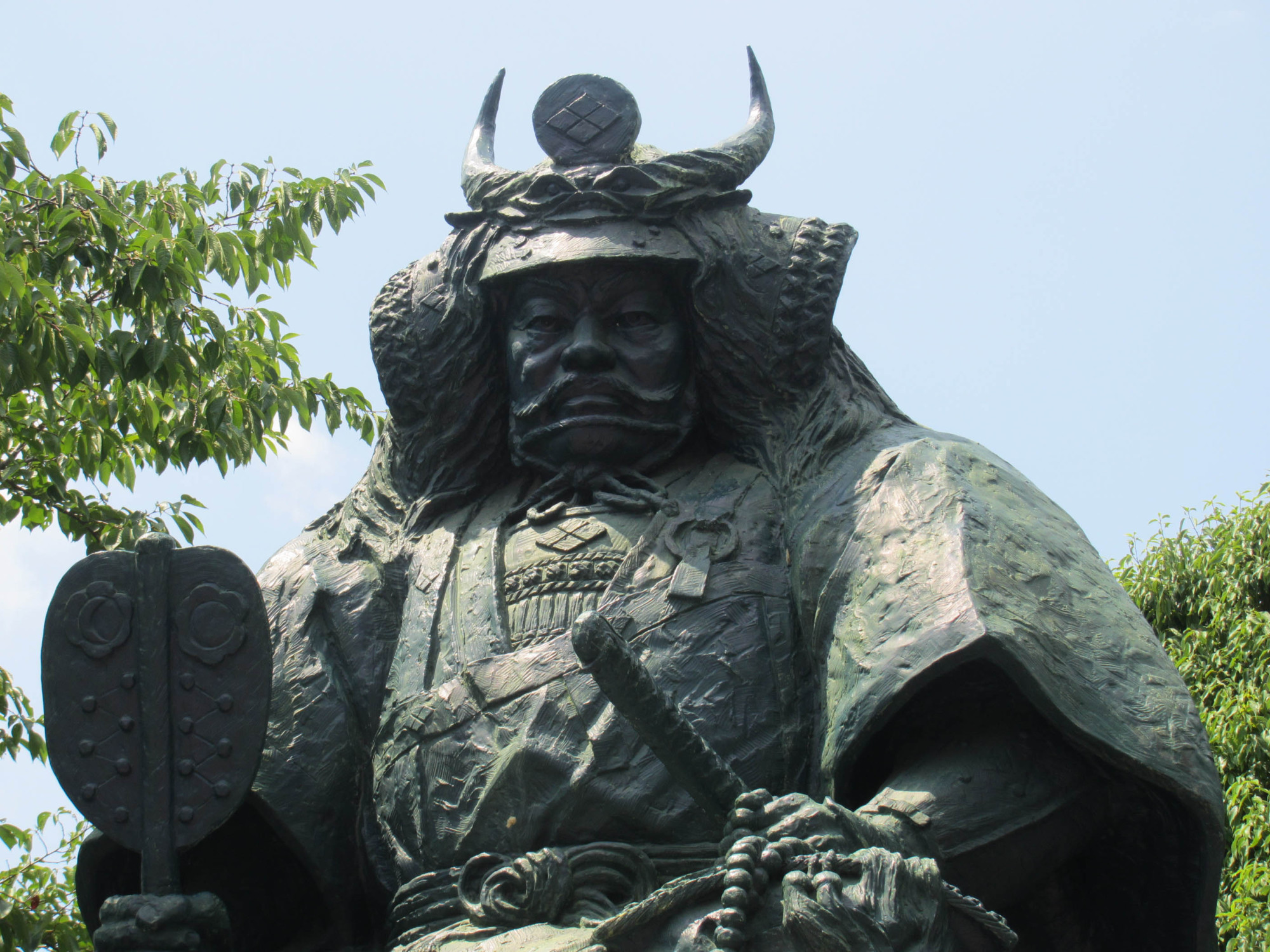In Akira Kurosawa's classic 1980 film "Kagemusha" ("Shadow Warrior"), the 16th-century daimyo Takeda Shingen is mortally wounded by a sniper after being lured by the sound of a flute during a castle siege. Takeda's clan know that rival warlords Oda Nobunaga and Tokugawa Ieyasu will pounce on their domain once they realize he is dead, so a look-a-like is installed in his place to maintain the deception that he is alive. The domain they are desperately trying to protect was called Kai and its former capital is the city of Kofu in modern-day Yamanashi Prefecture.
The film, set in the Warring States Period (1482-1573), is fictional, but it captures the enduring aura of the real Takeda, a warlord who still holds considerable sway over Japan's historical imagination.
Takeda is remembered as a master military tactician, a wise ruler and innovative administrator who laid down a criminal and civil code that was enacted fairly rather than arbitrarily. Innumerable books, films and television programs have been made about him, including the 1988 NHK taiga period drama "Takeda Shingen." And his wisdom is often referenced in relation to Bushido, the way of the samurai. There's one quote that stands out in particular: "Knowledge is not power, it is only potential; applying that knowledge is power."



















With your current subscription plan you can comment on stories. However, before writing your first comment, please create a display name in the Profile section of your subscriber account page.